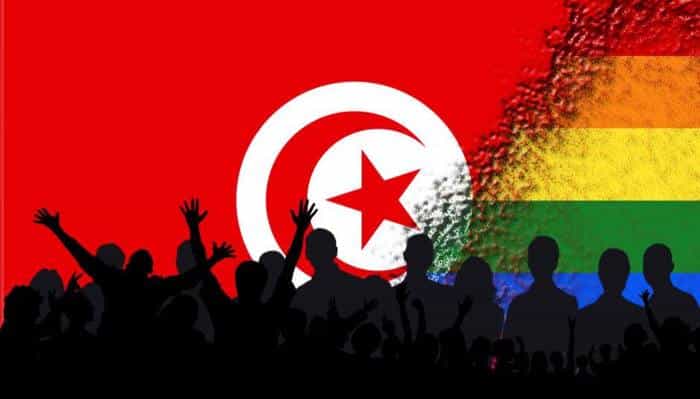Tunisia recognises same-sex marriage - or not?

Tunisia is one of the countries where homosexuality is subject to a particularly strong stigma. Accordingly, those affected usually find it difficult to deal with their sexual inclination. A classical Coming Out is almost unthinkable here. All the more surprising, then, are recent media reports that talk of recognising same-sex marriage in the country.
But what had happened? How can it be that in a country where homosexuality can be punished with a prison sentence, such open decisions are suddenly present?
A look at the status quo: is there an LGBTQ community in Tunisia?
As already mentioned, homosexual people have a very hard time in Tunisia. Even though prison sentences are rarely imposed here, discrimination and exclusion occur again and again.
Thus, it is also very complicated for gays to organise themselves in a community. However, corresponding approaches can definitely be recognised. Especially in the larger cities, communities have emerged in the meantime in which people support each other.
However, there are no laws (yet?) that would protect homosexuals from discrimination or the like. Despite all these problems, the situation of gays in Tunisia is better than in other Muslim countries.
Parallel to the emergence of smaller communities, however, the status of homosexuality within Tunisian society is also changing. For: being gay is far less taboo nowadays than it was a few years ago. People are beginning to deal with the issue (albeit still in a largely negative way). The founding of a civil rights organisation for the LGBT Scene and the organisation of a queer film festival can certainly be seen as important caesuras.
Has Tunisia recently recognised same-sex marriage?
Many media reports currently describe a possible action by the Tunisian government that seems hard to believe against the backdrop of centuries of exclusion. Was gay marriage actually recently recognised in the strict Muslim country?
Said reports, which are based on information from the LGBTQ-organisation Shams, state that the said gay marriage should have been mentioned in the birth certificate of the Tunisian spouse. This would be tantamount to recognition! An official statement by the authorities has not yet been forthcoming. Moreover, no new law has been passed that would suddenly make homosexuality in Tunisia unpunishable. Accordingly, it remains to be seen what consequences the partnership will have for those involved.
Developments and possible consequences are already being celebrated in many places
Regardless of whether the mention of the gay wedding on the birth certificate in question will have consequences for the two lovers or not: this is a special event that will certainly remain in the minds of many members of the international gay scene for a long time to come.
At least the issue is no longer hushed up, but also - if the reports are true - noted on an official document.
And who knows? Perhaps the birth certificate with the important detail is one of the sources that will play an important role in Tunisian history lessons in a few years' time?
The document impressively underlines that a society can change. Slowly, but steadily. Many gays in the country should now breathe a sigh of relief and at the same time wish that a change in thinking will not only take place on paper, but also in people's minds.
Also interesting: Why vitamin D3 is so important now!
Keine Kommentare vorhanden